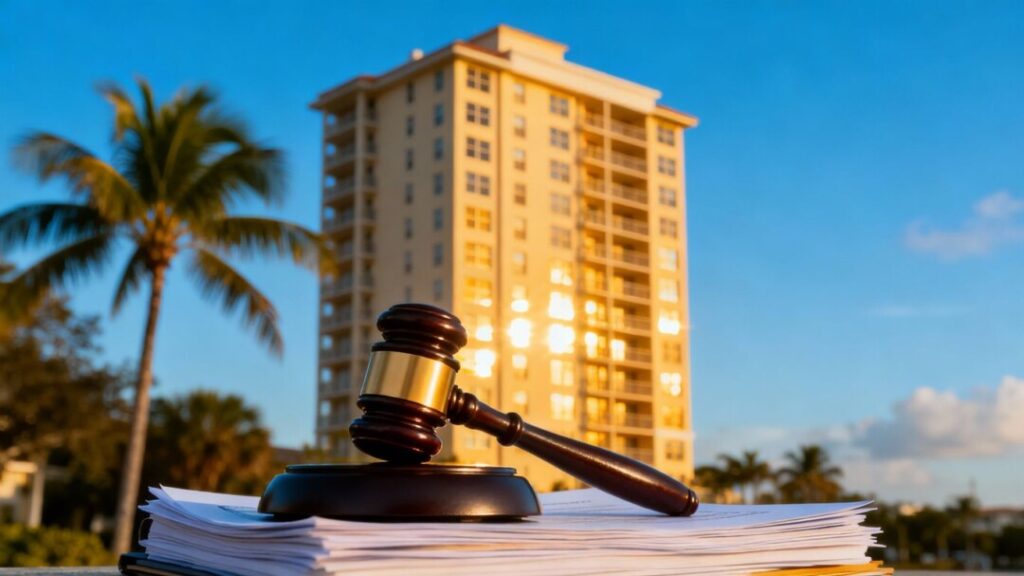A recent legal ruling in Florida has granted a significant victory to condominium owners facing hefty special assessments. This decision, stemming from a dispute in Brickell, could have far-reaching implications, particularly for the booming vacation rental market within the state’s condominium associations.
Key Takeaways
- A Florida court has ruled against a condo association’s ability to levy special assessments for non-essential upgrades without a supermajority vote.
- The decision could empower individual unit owners and potentially curb the unchecked financial power of some condo boards.
- The ruling may influence how associations manage funds and could impact the profitability and legality of short-term rentals in certain buildings.
The Brickell Battleground
In the heart of Miami’s Brickell neighborhood, a contentious battle unfolded between condominium owners and their association. The association sought to impose a substantial special assessment, reportedly in the tens of millions of dollars, to fund extensive renovations and upgrades to the building’s common areas. Many unit owners, however, felt these assessments were excessive and unnecessary, particularly given the potential impact on their finances and the marketability of their units for short-term rentals.
Legal Precedent Set
The core of the legal challenge centered on the association’s authority to levy such a significant financial burden. The owners argued that the proposed assessments required a higher threshold of approval – a supermajority vote of the membership – rather than the simple majority the association claimed was sufficient. The court sided with the unit owners, establishing a precedent that special assessments for major capital improvements may indeed require a more robust consensus.
Implications for Vacation Rentals
This ruling carries significant weight for Florida’s vibrant vacation rental industry, which often operates within condominium buildings. Associations have sometimes used special assessments to fund projects that, while improving the property, could indirectly make it less attractive or more costly for short-term rental investors. The increased scrutiny on assessment approvals could lead to greater transparency and accountability from condo boards, potentially protecting the interests of owners who rely on rental income. It may also prompt associations to reconsider the necessity and scope of proposed upgrades, balancing the needs of all residents and owners, including those involved in the lucrative short-term rental market.


